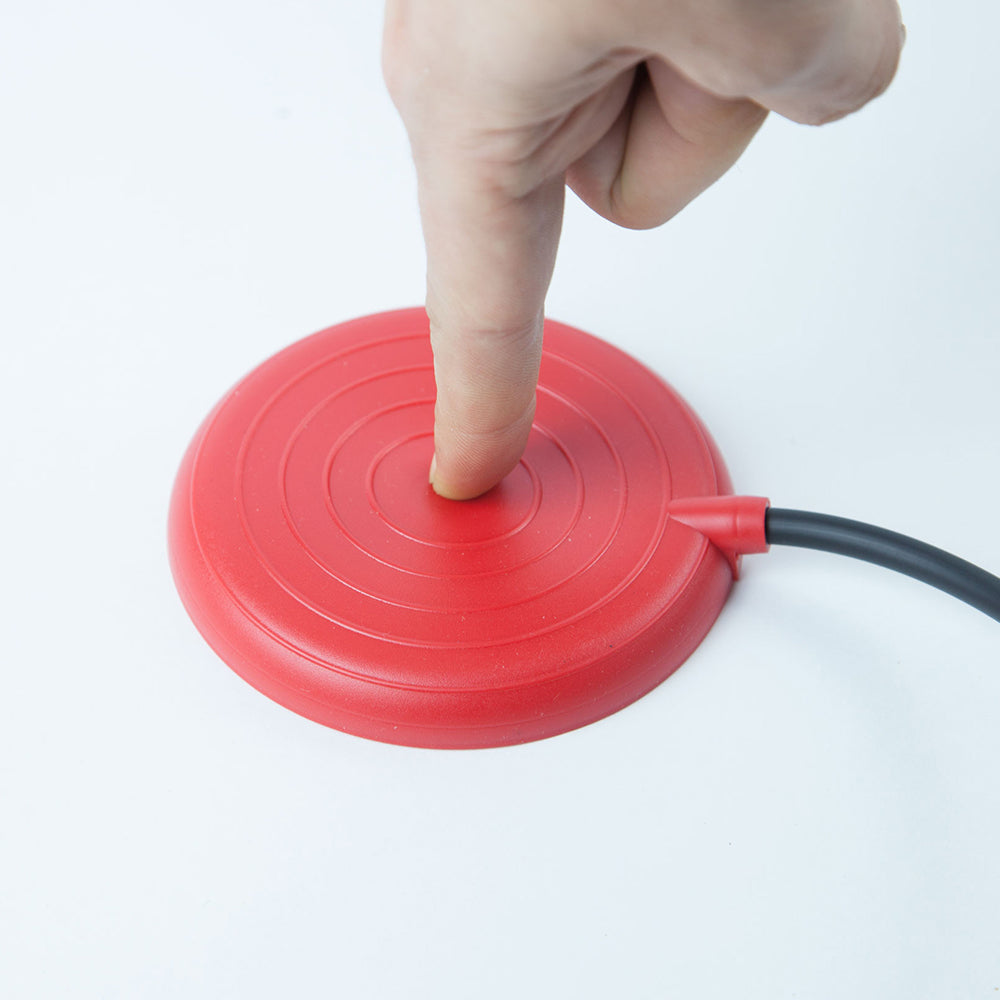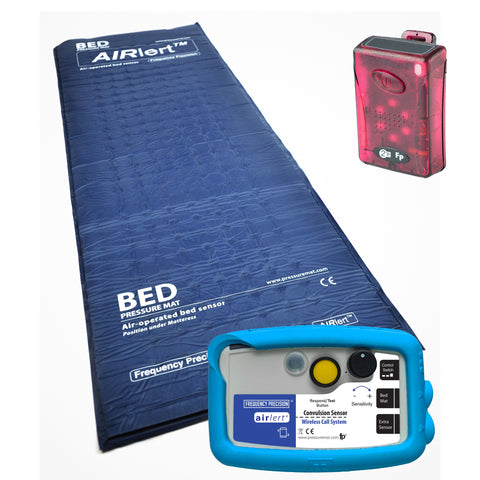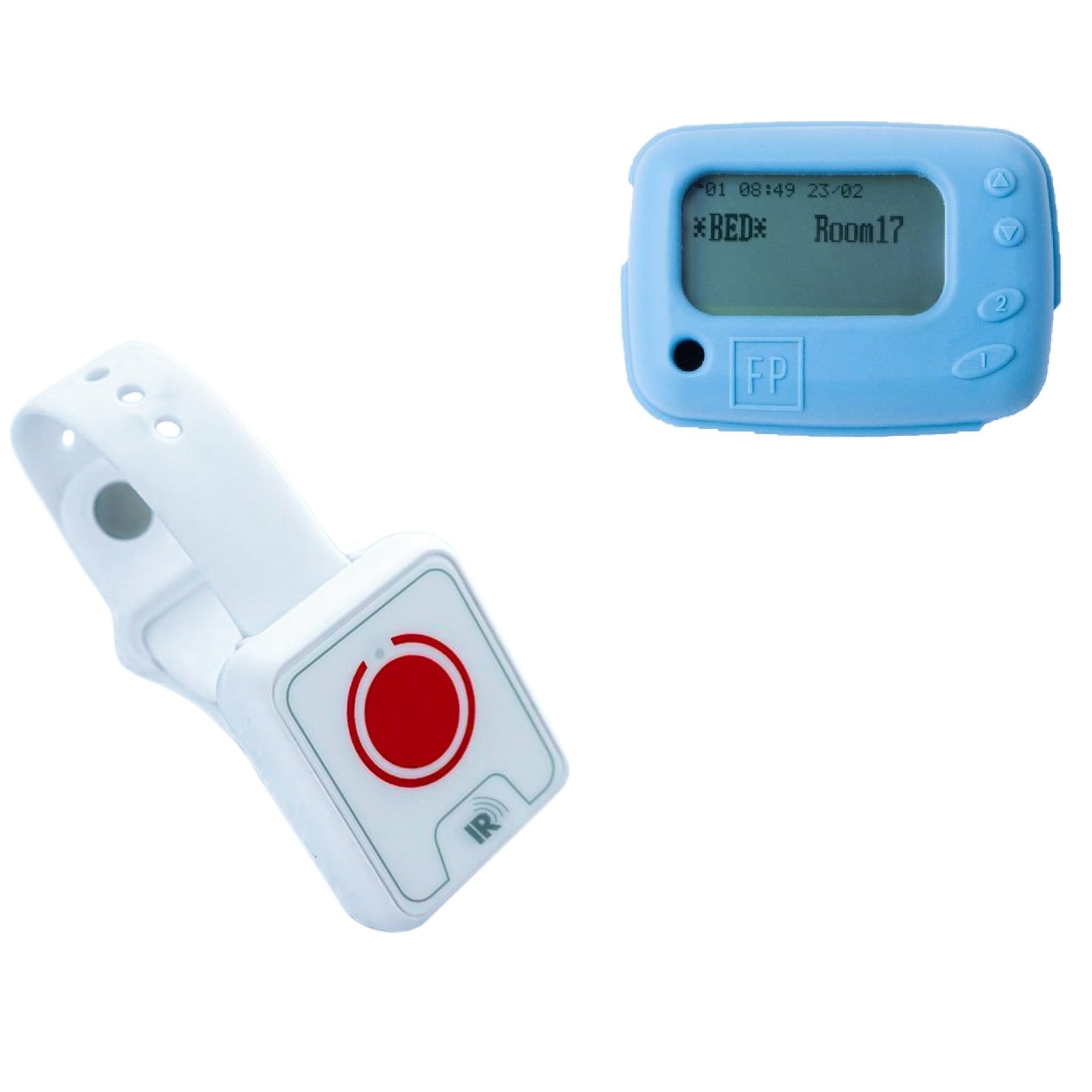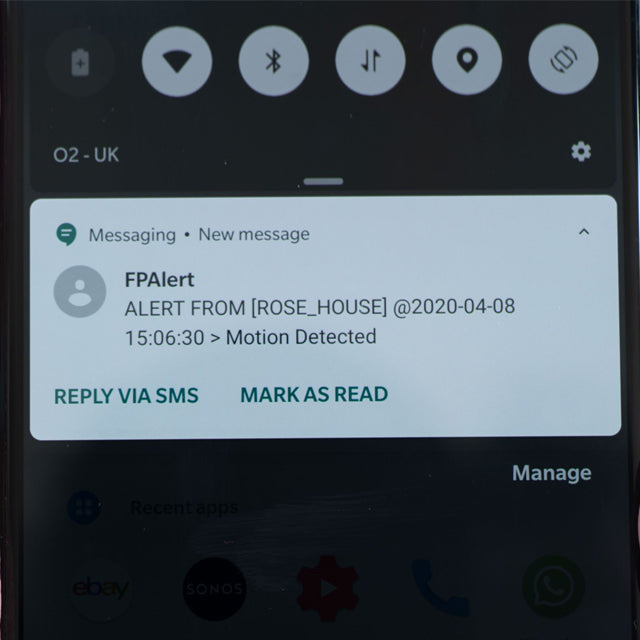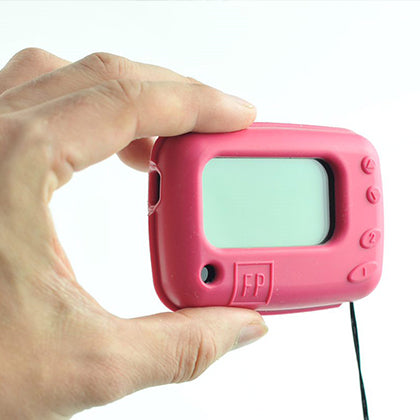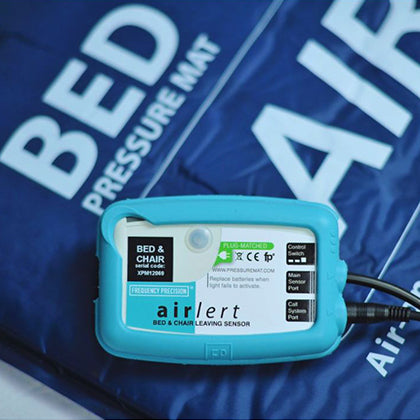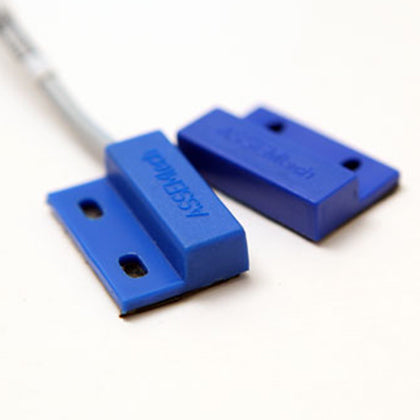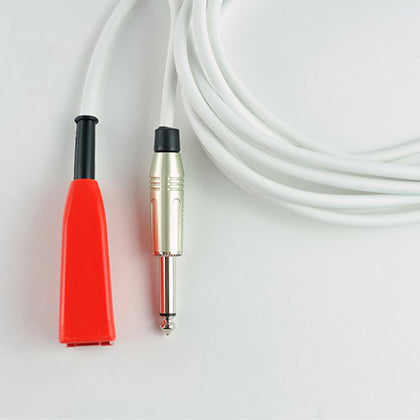
In the healthcare landscape, things are constantly evolving. We're finding new ways to innovate and help others. Domiciliary care is a key part of our healthcare here in the UK, delivering personalised, attentive care to individuals from the comfort of their own home. Our ageing population, along with those recovering from surgeries and injuries, can benefit massively from domiciliary care.
Our blog looks at domiciliary care, and the challenges faced by our healthcare staff. We will also dive into the key medical assistive devices that are out there, so that you can learn more about staying safe at home. To find out more, keep on reading.
Understanding Domiciliary Care
Domiciliary care, also known as home care, is support and care delivered to an individual from the comfort of their home. The UK domiciliary care market is continuing to grow every year. Most of the care delivered is personal care, which includes preparing meals, cleaning, washing and dressing.
For adults living with disabilities, or who have been recently discharged from hospital, having domiciliary care can ease individuals into their life at home. It can make day to day living much easier, and help them transition from the hospital back into the comfort of their own home. Domiciliary care, or home care, has become a key part of social work over the last few years, but there are still challenges that are faced by our care workers.
Challenges In Domiciliary Care
With the number of patients who require care increasing, challenges are being faced in the domiciliary care sector. As demand rises, so does the pressure on care providers. In order to meet these demands, care providers need to find ways to manage and deliver home care effectively. Some of the biggest challenges faced in the care industry include:
- Heavy Workloads - Home care workers often have extremely intense work loads that can often be overwhelming. Carers may have limited time to get to all of their clients and provide the care they need. Due to high demand and short time frames, carers may struggle with stress and work overload. This can lead to staff burn out, and they may not be performing as effectively. Missing appointments, medications, or not being available during emergencies can all be the result of worn out employees.
- Safety - Ensuring personal safety is a key priority and sometimes a challenge for those delivering care at home. Providing domiciliary care can be physically demanding for carers, and having the incorrect equipment at home can make things even more challenging. This can make tasks longer or make an individual home unsafe. Other safety risks for both patients and care workers are sanitary conditions. Personal safety is extremely important when it comes to domiciliary care, and is one of the challenges that care workers can face.
- At Home Monitoring - Although there are challenges for domiciliary workers, there are also challenges faced by individuals too. Monitoring at home is one of these challenges, and monitoring their conditions can be difficult at home. In the event of emergencies, or for individuals who live far away from family members, monitoring health at home can be a challenge. Regular monitoring and recognising symptoms is crucial in taking care of individuals and assisting their health. Being able to track and monitor from far distances is extremely important.
The Role Of Medical Alert & Assistive Devices
Due to the challenges that our domiciliary care staff are facing,medical alert and assistive devices are now being used to help carers with their workload, and improve the safety of individuals in care. We’ve outlined some of the key medical assistive devices that you should be aware of. These devices are extremely effective in alerting family, authorities or healthcare workers about potential risks, or if an individual is in need of help. Read below to learn more.
Emergency Wireless Call Buttons
Emergency wireless call buttons are devices that are used to give patients a direct line to assistance. Usually, these devices are wearable as pendants or on a patient's wrist. You can also have wired systems installed at your home, somewhere within easy reach. When activated, these devices can send a signal directly to a specific caregiver or family member. Help can be delivered as quickly as possible, and for individuals far away from family, this device can be very useful. These devices ensure a quick care response time, meaning individuals in need of assistance are tended to as soon as possible.
Epilepsy Monitors
Epilepsy monitors are key devices that can be used to enhance safety, and tackle some of the challenges associated with monitoring a patient's health. An epilepsy monitor will either be worn on the patient's body, or placed under a mattress. Essentially, this device tracks an individual's heart rate, movements, and other physical aspects through a sensor. By tracking these physical traits, the epilepsy monitor will detect any early signs of a potential seizure. If an abnormal pattern is detected, the device will alert a caregiver so that they have time to get to the patient or deliver the necessary medical care.
Fall Alerts
In elderly patients, falls can pose a serious risk to their health, and in some cases they can be detrimental. Preventing falls, and helping individuals with mobility issues is crucial. Fall alerts are devices which detect sudden movements or orientations that would indicate a fall. They can be worn, or attached to clothing for comfort, and they will automatically send an alert to a caregiver or a family member. By sending an immediate alert to a caregiver, if an individual has fallen and can't get up, this is the safest way to alert someone and get medical help as soon as possible.
Doorbell Pagers
Doorbell pagersare an effective device in the domiciliary care industry, making things much safer for patients. Doorbell pagers are integrated with home systems, sending an alert to the pager when someone rings the doorbell. For caregivers and elderly patients who are hard of hearing, the doorbell pager is very useful. Elderly patients can maintain their independence without having constant supervision, and caregivers can manage the doorbell without having to be at the property 24/7. It reduces the amount that elderly patients need to get to the door, reducing their risk of falling, as well as giving family and loved ones more peace of mind.
Wandering Alerts
For patients with conditions such as dementia,wandering alerts are extremely useful in keeping individuals safe. It's not uncommon for individuals with dementia, or other cognitive conditions to wander. While it may seem harmless, they can end up putting themselves in danger or even forgetting where they are. To ensure their safety, a wandering alert can be extremely useful. Usually, a wandering alert uses GPS technology to monitor a patient's whereabouts. If they are in a strange location, or wandering in an unfamiliar proximity, an alert is sent to a caregiver. This enables a caregiver or family member to get to a patient quickly.
Frequency Precision: Devices For Domiciliary Care
If you or someone you love is currently struggling with their health, domiciliary care is a great option. But, if you want to stay protected and covered during emergencies, our range of medical assistance devices is here to help you and your loved ones stay safe. Whether you’re looking for fall sensors for the elderly or pressure sensor pads, we’ve got you covered.
It's not worth the risk, especially in emergency situations. Medical assist devices can help you protect yourself or your loved ones. Here at Frequency Precision, we understand the importance of keeping your loved ones safe and free from harm, which is why we offer a wide range of medical alert devices for your loved ones. To learn more about our range of medical devices, feel free to check out our website. Alternatively, you cancontact our teamtoday for more information.

